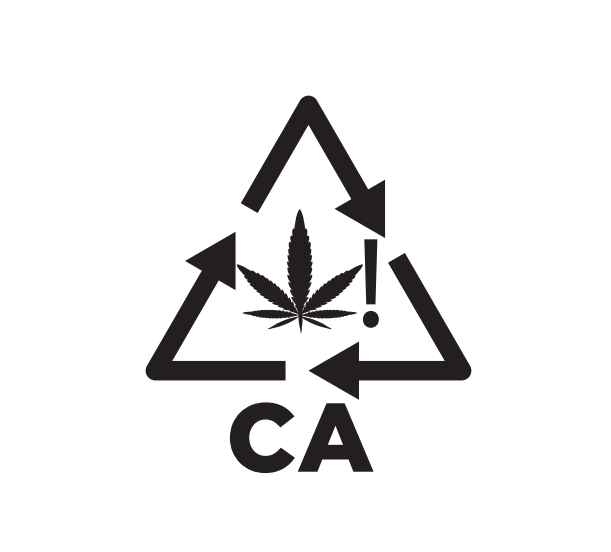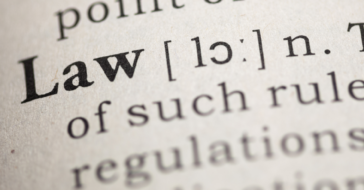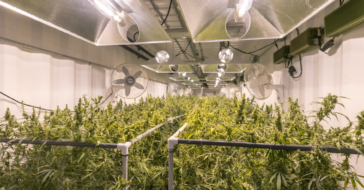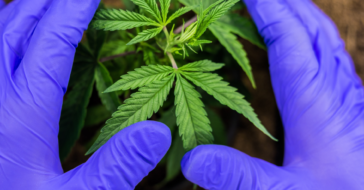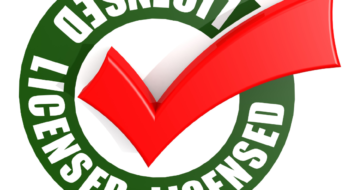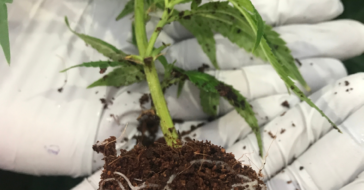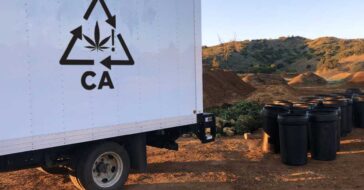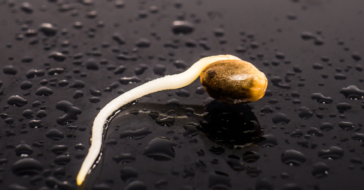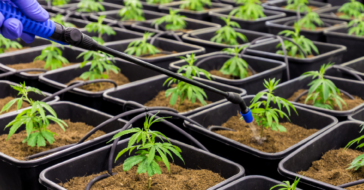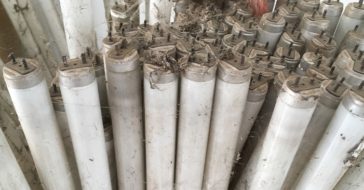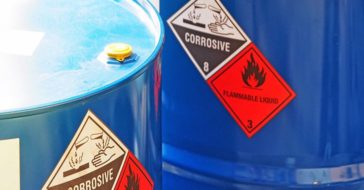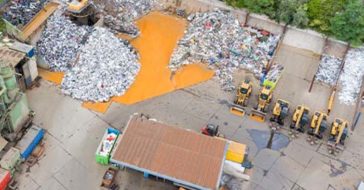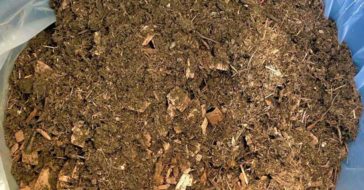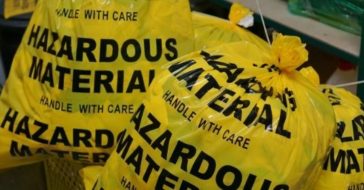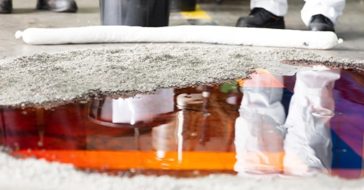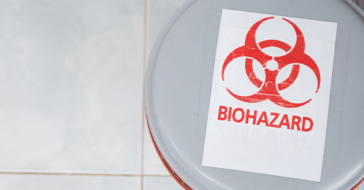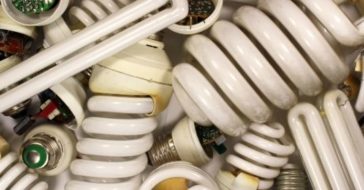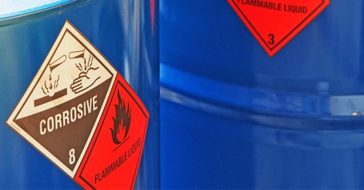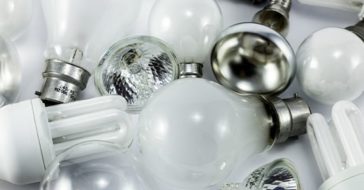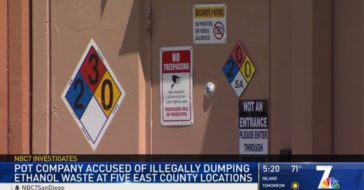Roughly three billion batteries are thrown away each year in America, and it’s predicted that this figure will continue to soar due to a population increase. We must dispose of lithium batteries the right way to preserve the environment and recycle the critical minerals they contain.
In California, lithium batteries are considered household hazardous waste, and categorized as universal waste once thrown away because they contain metals and other toxic or corrosive substances. It is because of these metals that batteries have an excellent potential for recycled materials. Therefore, all batteries must be disposed of safely and responsibly. Learn how to dispose of lithium-ion batteries below!
How Do You Get Rid of Lithium Batteries in California?
There are two types of lithium batteries consumers could end up with and need to dispose of: single-use, non-rechargeable lithium batteries and rechargeable lithium-ion batteries (Li-ion). The former can be hard to distinguish between regular alkaline batteries as they often look very similar. Look out for a label that says “lithium.” However, lithium batteries also come in different shapes like button cells or coin batteries and can be found in cameras, remotes, or watches.
Lithium-ion batteries can hold a lot of power in minimal space. On top of that, they are rechargeable, which allows for a much longer battery life compared to regular alkaline batteries. Lithium-ion batteries are a part of many household items. These items include but are not limited to cell phones, digital cameras, electronic cigarettes, and power tools. However, lithium-ion batteries contain lithium, cobalt, and graphite, which are considered critical minerals: they have a high risk for supply disruptions and have no easy substitutes. When lithium-ion batteries are no longer functional and then disposed of, those metals cannot be recovered and reused.
Old batteries of this type can be harmful and dangerous to ourselves and the environment and should not contribute to landfills. Recycling these types of batteries allows for materials to be used in new products.
When disposing of lithium-ion batteries, DO NOT:
- Throw them away in a regular trash can
- Burn them in a fire
- Mix damaged and undamaged batteries
- Store li-ion batteries in a metal container
Note: If your lithium battery is damaged, you mustn’t put it in the trash as this is a primary cause of fires in garbage and recycling facilities.
When disposing of lithium-ion batteries, DO:
- Use precaution when removing them from the device
- Tape the ends, especially if damaged, to avoid short-circuiting and fires
- Store damaged or old batteries separately
- Store in a cool, dry area
- Place in a plastic bag or container
The next and most crucial step of battery disposal is to recycle your old lithium-ion batteries at a recycling center or a battery drop-off location near you. Many retail stores take part in a battery recycling program called call2recycle, where you can search for local drop-offs across the country, including California.
All companies produce universal waste at some capacity which can be difficult if you want to preserve the planet and implement sustainable practices. If you are a company in southern California that needs help managing your universal waste, such as lithium-ion batteries, reach out to one of our experts today for a free consultation!

